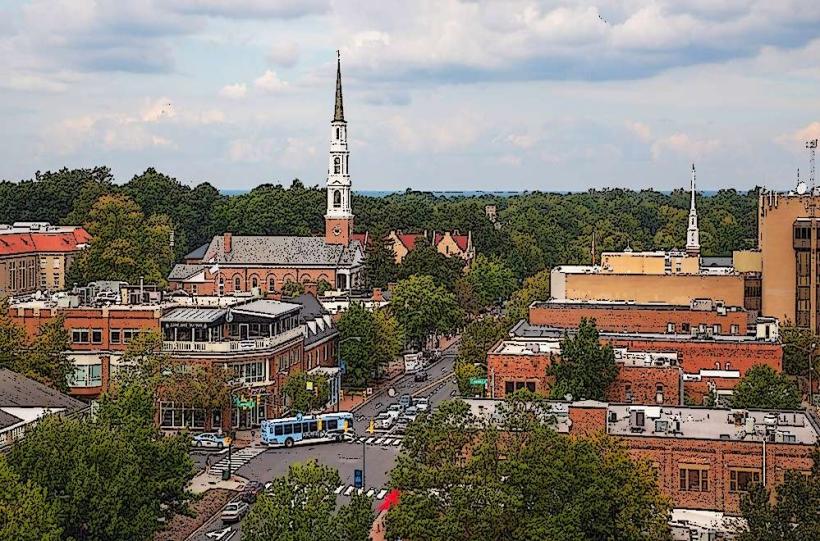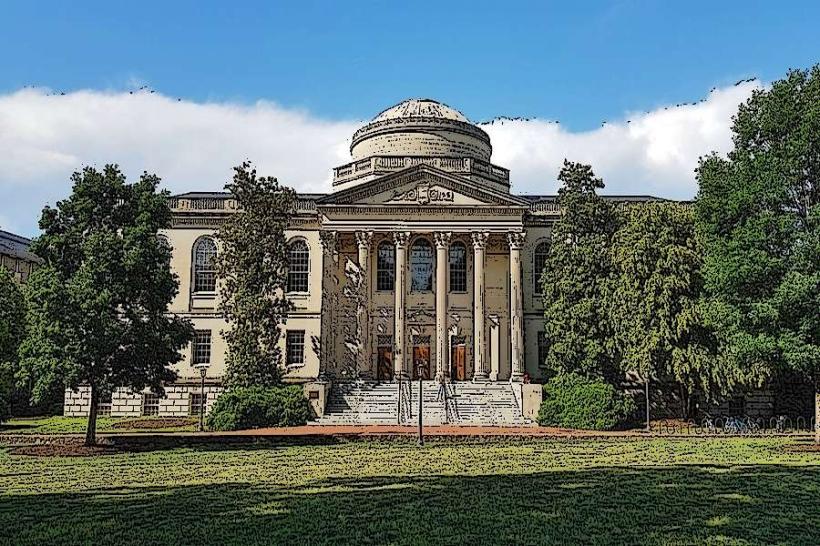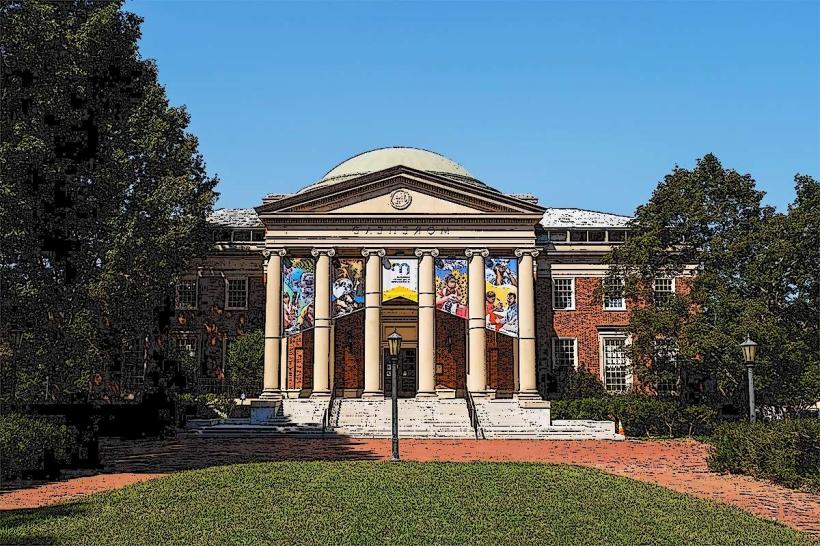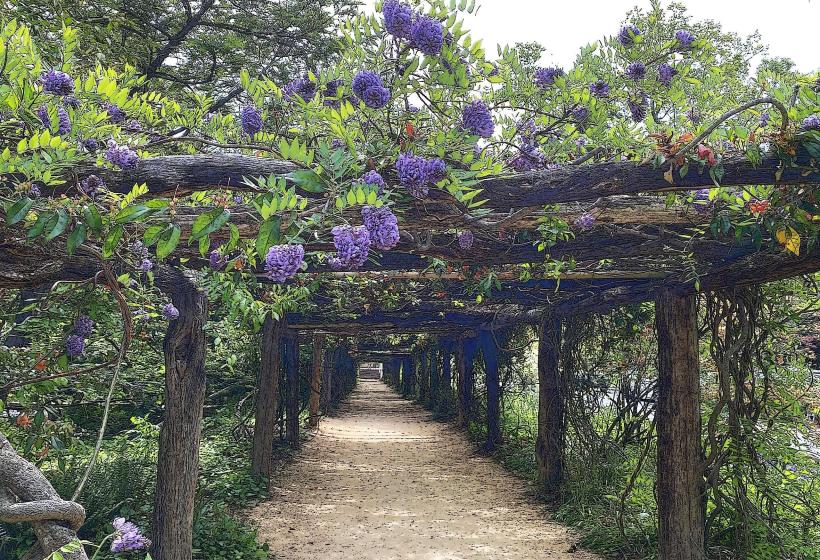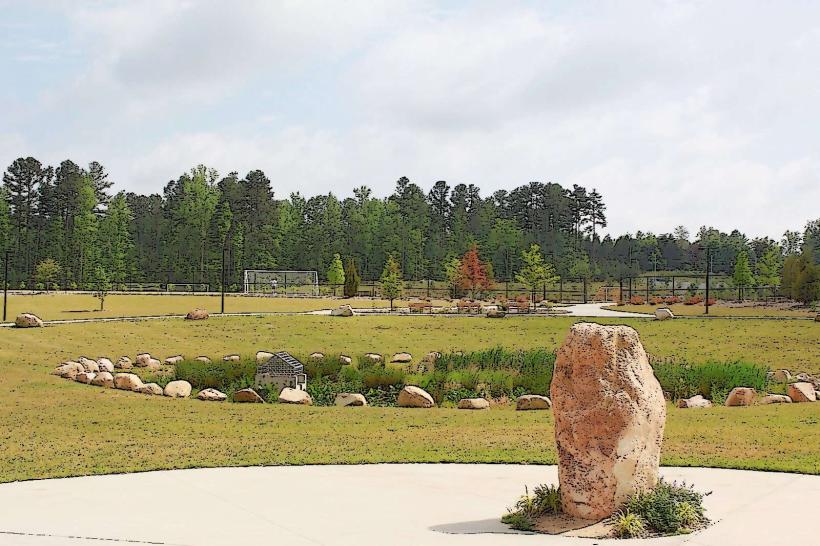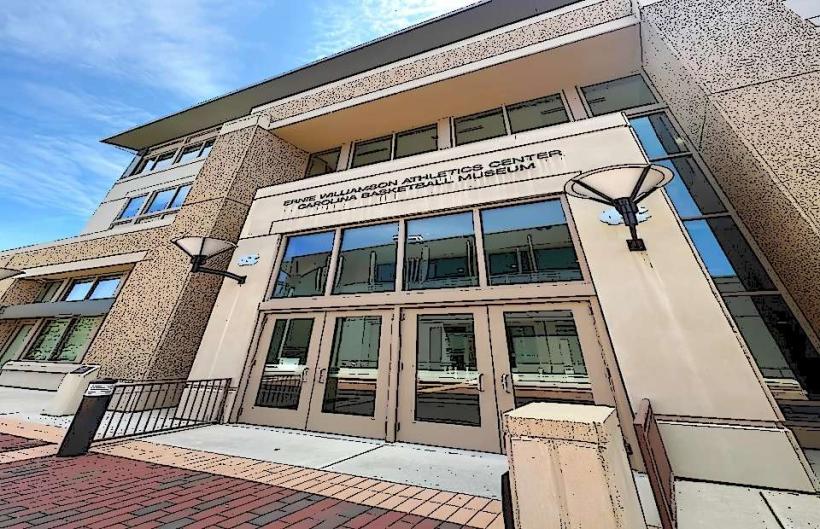Information
Landmark: Ackland Art MuseumCity: Chapel Hill
Country: USA North Carolina
Continent: North America
Ackland Art Museum, Chapel Hill, USA North Carolina, North America
The Ackland Art Museum is an art museum located on the campus of the University of North Carolina at Chapel Hill in Chapel Hill, North Carolina.
It houses a collection spanning various periods and cultures, with a focus on European and American art.
Visual Characteristics
The museum building is constructed primarily of brick and concrete, featuring a modernist architectural style. It has multiple levels with large window expanses. The interior features white walls and polished concrete floors, designed to showcase the artwork.
Location & Access Logistics
The Ackland Art Museum is situated at 101 S Columbia St, Chapel Hill, NC 27514, approximately 0.5km South of the main UNC Chapel Hill campus center. Parking is available in the nearby Rosemary Street Parking Deck, which is a 2-minute walk from the museum. Public transport options include the Chapel Hill Transit bus system, with several routes stopping within a 5-minute walk, such as the RU, CR, and J routes.
Historical & Ecological Origin
The museum was founded in 1958 through a bequest from William A. and Frances P. Ackland. The current building was designed by the architectural firm Venturi, Scott Brown and Associates and opened in 1986.
Key Highlights & Activities
Visitors can view permanent collections including European paintings, American art, Asian art, and photography. Temporary exhibitions are also regularly featured. The museum offers guided tours on select days and times. Educational programs and lectures are scheduled throughout the year.
Infrastructure & Amenities
Restrooms are available on each floor. Limited seating is provided within exhibition spaces. Cell phone signal (4G/5G) is generally strong within the museum. No food vendors are located within the museum itself, but several dining options are available on nearby Franklin Street.
Best Time to Visit
The museum is generally less crowded on weekday mornings. For optimal viewing of specific artworks that rely on natural light, consider visiting during daylight hours. The museum is open year-round, with extended hours during special exhibition periods.
Facts & Legends
The Ackland's collection includes over 17,000 works of art. A notable piece in the collection is "The Last Supper" by Jacopo Tintoretto, acquired in 1959.
Nearby Landmarks
- UNC Chapel Hill Campus (0.5km North)
- Morehead Planetarium and Science Center (0.7km Northwest)
- Franklin Street (0.3km West)
- Chapel Hill Public Library (0.6km Southwest)

